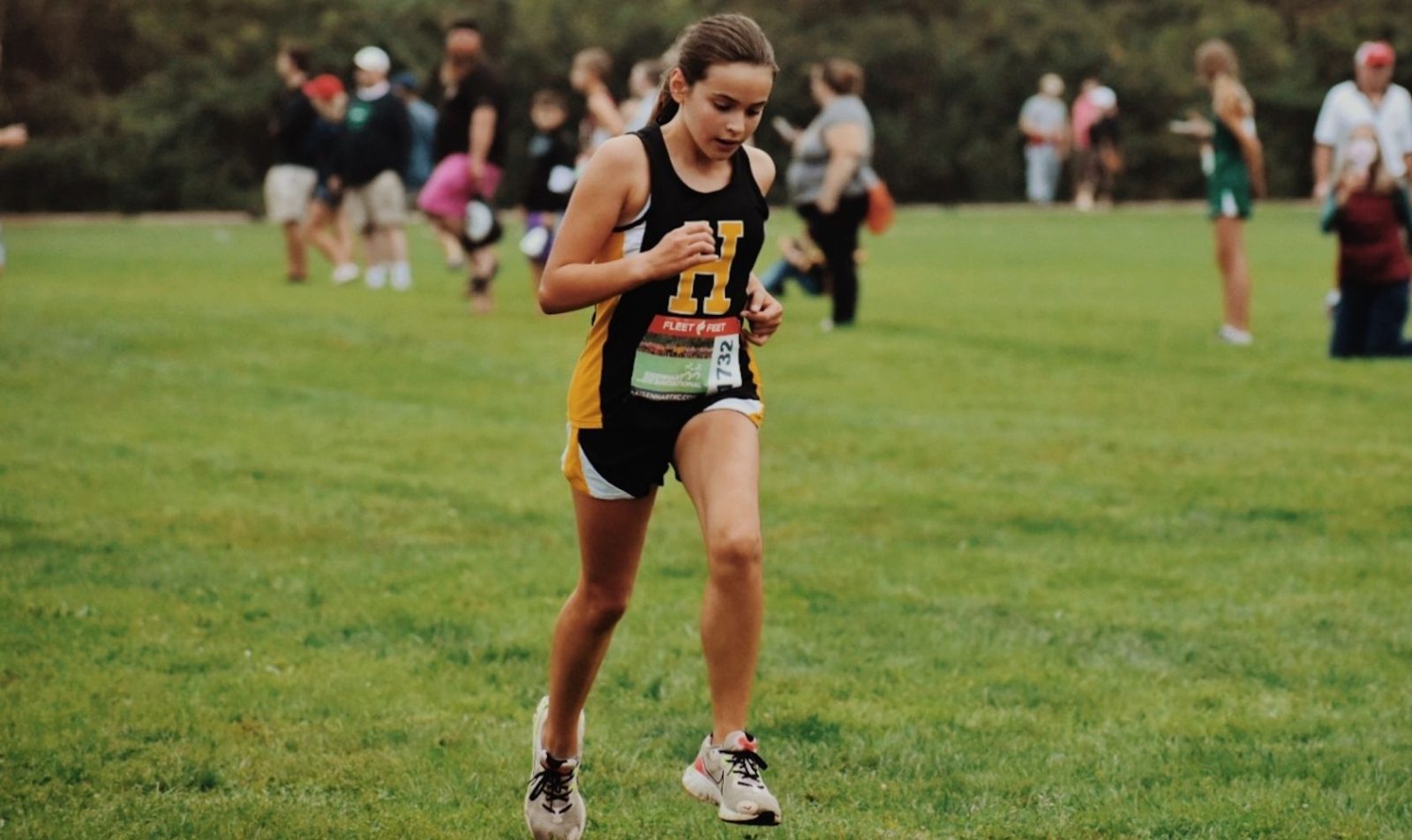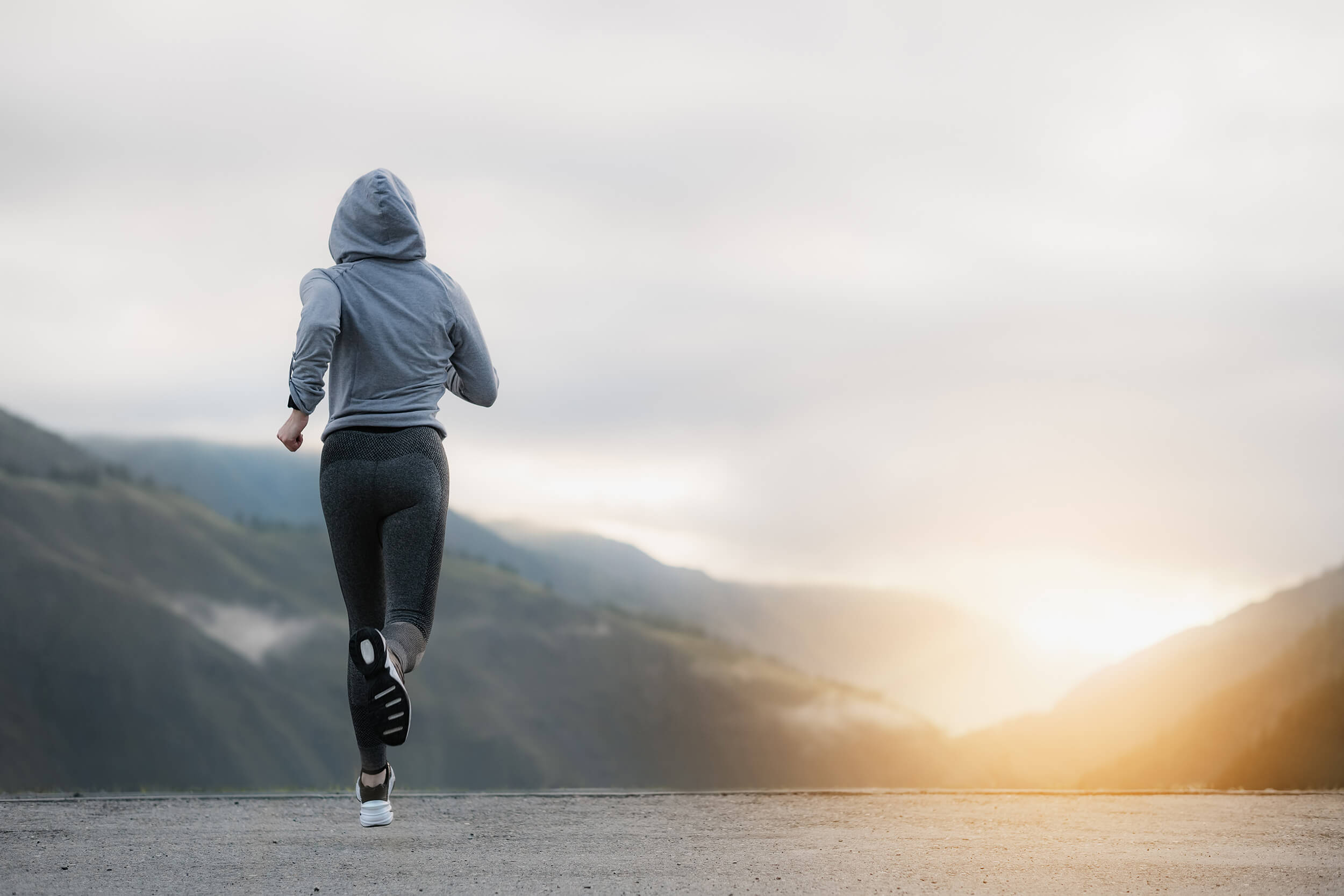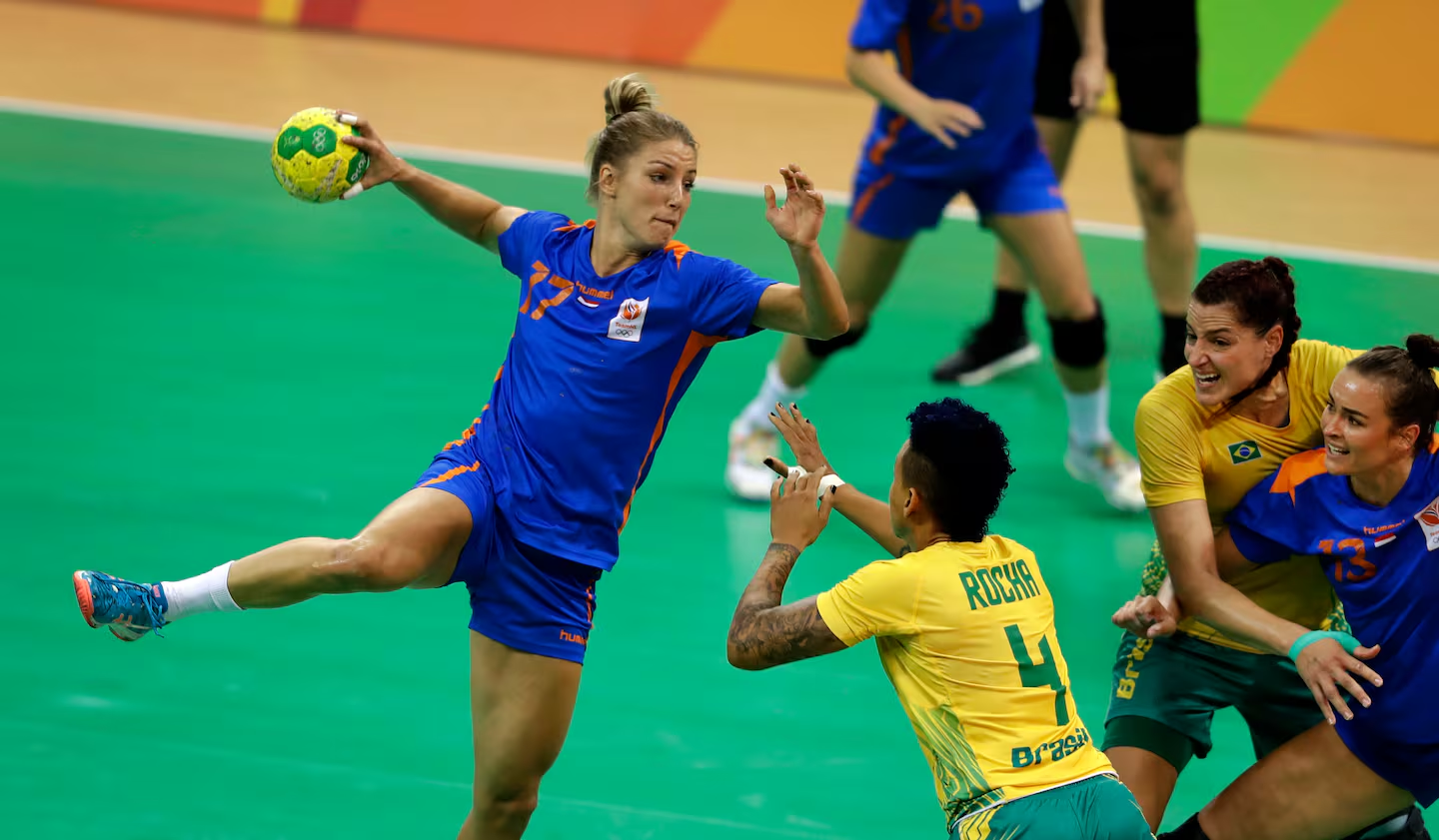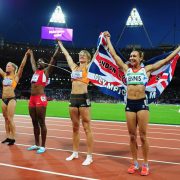The Power of Play: How Recreation and Sport Enhance Our Lives

Recreation and sport are far more than leisure activities—they are essential parts of a healthy and fulfilling life. From boosting physical health to improving mental well-being, fostering social connections, and building character, the benefits of recreation and sport touch every aspect of human development. Whether you’re an amateur athlete, a weekend warrior, or someone who enjoys a walk in the park, engaging in regular recreational or sporting activities can transform the way you live and feel.
In this article, we explore the importance of recreation and sport in modern society, the physical and psychological advantages they offer, and how to incorporate more active play into daily life.
1. Defining Recreation and Sport
Recreation encompasses any activity done for enjoyment, relaxation, or leisure. This includes everything from hiking and biking to dancing, fishing, and yoga. Sport, on the other hand, typically involves structured, competitive physical activity governed by rules—such as football, basketball, swimming, tennis, and athletics.
While sport often has a competitive element, both recreation and sport serve the common purpose of enhancing quality of life. They promote movement, mental stimulation, and social interaction, making them integral to a well-rounded lifestyle.
2. Physical Benefits of Regular Activity
The physical advantages of recreation and sport are extensive and well-documented. Engaging in regular physical activity helps:
-
Improve cardiovascular health by strengthening the heart and lungs.
-
Build muscle strength and endurance, which reduces the risk of injury.
-
Maintain healthy weight and reduce the risk of obesity.
-
Strengthen bones and joints, improving mobility and flexibility.
-
Boost immune function, helping the body ward off illness.
-
Improve coordination and balance, especially important as we age.
For children, physical play is crucial for development, while for adults and seniors, staying active helps preserve mobility and independence.
3. Mental and Emotional Health
Beyond physical fitness, recreation and sport play a major role in promoting mental well-being. Exercise stimulates the release of endorphins, the body’s natural mood lifters, helping to reduce stress, anxiety, and depression.
-
Stress relief: Activities like swimming, jogging, or team sports provide an outlet for daily frustrations and mental overload.
-
Improved sleep: Physical exertion helps regulate sleep patterns, contributing to better rest and recovery.
-
Enhanced self-esteem: Achieving goals, improving skills, and participating in group activities all foster a sense of accomplishment and confidence.
-
Cognitive function: Recreation such as puzzles, chess, or strategy-based games sharpens the mind, while physical activity has been shown to improve memory and concentration.
Sport and recreation aren’t just about keeping the body in shape—they’re powerful tools for maintaining emotional balance and mental clarity.

4. Social Connection and Community Building
Recreation and sport often involve shared experiences. Whether it’s joining a local sports league, participating in group hikes, or attending a fitness class, these activities create opportunities for social interaction.
-
Teamwork: Sports teach valuable lessons about cooperation, communication, and collective effort.
-
Friendship: Social bonds formed through recreation can lead to lasting friendships and support networks.
-
Inclusion: Inclusive sports and community programs promote diversity and give people of all backgrounds a chance to participate.
-
Volunteerism and leadership: Many community recreation programs rely on volunteers, offering leadership opportunities and a sense of purpose.
Participating in recreation and sport strengthens social ties and builds more cohesive, supportive communities.
5. Character Development and Life Skills
Sports, especially those played at a competitive level, are powerful platforms for teaching life skills that go beyond the playing field.
-
Discipline and perseverance: Training and practicing require consistency and resilience.
-
Goal setting: Athletes learn to set, pursue, and achieve goals—skills applicable to every area of life.
-
Handling success and failure: Sports teach how to win graciously and lose with dignity.
-
Time management: Balancing sports with school, work, or family life fosters strong organizational skills.
For youth in particular, involvement in sport can be a crucial part of character building, helping them navigate the challenges of growing up with confidence and self-awareness.
6. Recreation and Sport for All Ages
One of the most appealing aspects of recreation and sport is that they are accessible to people of all ages and abilities.
-
Children and teens benefit from structured physical activity that supports development and social skills.
-
Adults use sport and recreation to maintain health, manage stress, and stay socially connected.
-
Seniors engage in low-impact recreational activities like tai chi, water aerobics, or walking clubs to stay active and reduce the risk of age-related health issues.
Additionally, adaptive sports and inclusive recreation programs ensure that people with physical or cognitive disabilities can participate fully, reaping the same benefits as anyone else.
7. The Role of Nature in Recreation
Outdoor recreation offers a unique set of benefits tied to the natural environment. Activities like hiking, kayaking, rock climbing, and camping not only provide physical exercise but also connect participants with nature.
Studies have shown that spending time in green spaces can:
-
Lower blood pressure
-
Decrease stress hormone levels
-
Improve mood and self-esteem
-
Encourage mindfulness and reflection
Recreation in natural settings helps us disconnect from technology, reduce mental fatigue, and cultivate a sense of peace and renewal.
8. Barriers to Participation and How to Overcome Them
Despite the many benefits, not everyone has equal access to sport and recreation. Common barriers include:
-
Lack of time due to work or family commitments
-
Financial constraints, such as costs for equipment, memberships, or travel
-
Limited facilities, especially in rural or underfunded areas
-
Fear or lack of confidence, particularly for beginners
Solutions include:
-
Promoting community programs with low or no cost
-
Encouraging workplace wellness initiatives
-
Designing inclusive, accessible spaces
-
Offering beginner-friendly options and mentorship
Overcoming these barriers ensures that more people can enjoy the life-enhancing effects of active living.
9. Creating a Personal Recreation Routine
You don’t have to be an athlete to enjoy the benefits of sport and recreation. What matters is consistency and enjoyment. Here are tips to build your own routine:
-
Start small: Begin with activities you enjoy, even if it’s just a 20-minute walk or weekend swim.
-
Be social: Join a local group, team, or club to stay motivated.
-
Set goals: Whether it’s completing a 5K or learning a new sport, goals keep you focused.
-
Make it fun: Choose activities that bring joy, not just results.
-
Stay flexible: Mix it up with indoor, outdoor, competitive, and relaxing activities.
The best routine is one that fits your lifestyle and keeps you moving consistently.

Conclusion
Recreation and sport are powerful tools for enhancing our physical, mental, and social health. They teach us discipline, foster community, reduce stress, and make life more enjoyable. Whether it’s a casual game of tennis, a morning jog, or an organized league, the key is to stay active and engaged.
In a world that often prioritizes productivity over play, it’s vital to carve out time for recreation—not as a luxury, but as a fundamental part of a healthy and happy life. So grab a friend, lace up your shoes, and rediscover the joy and energy that come from simply playing.


